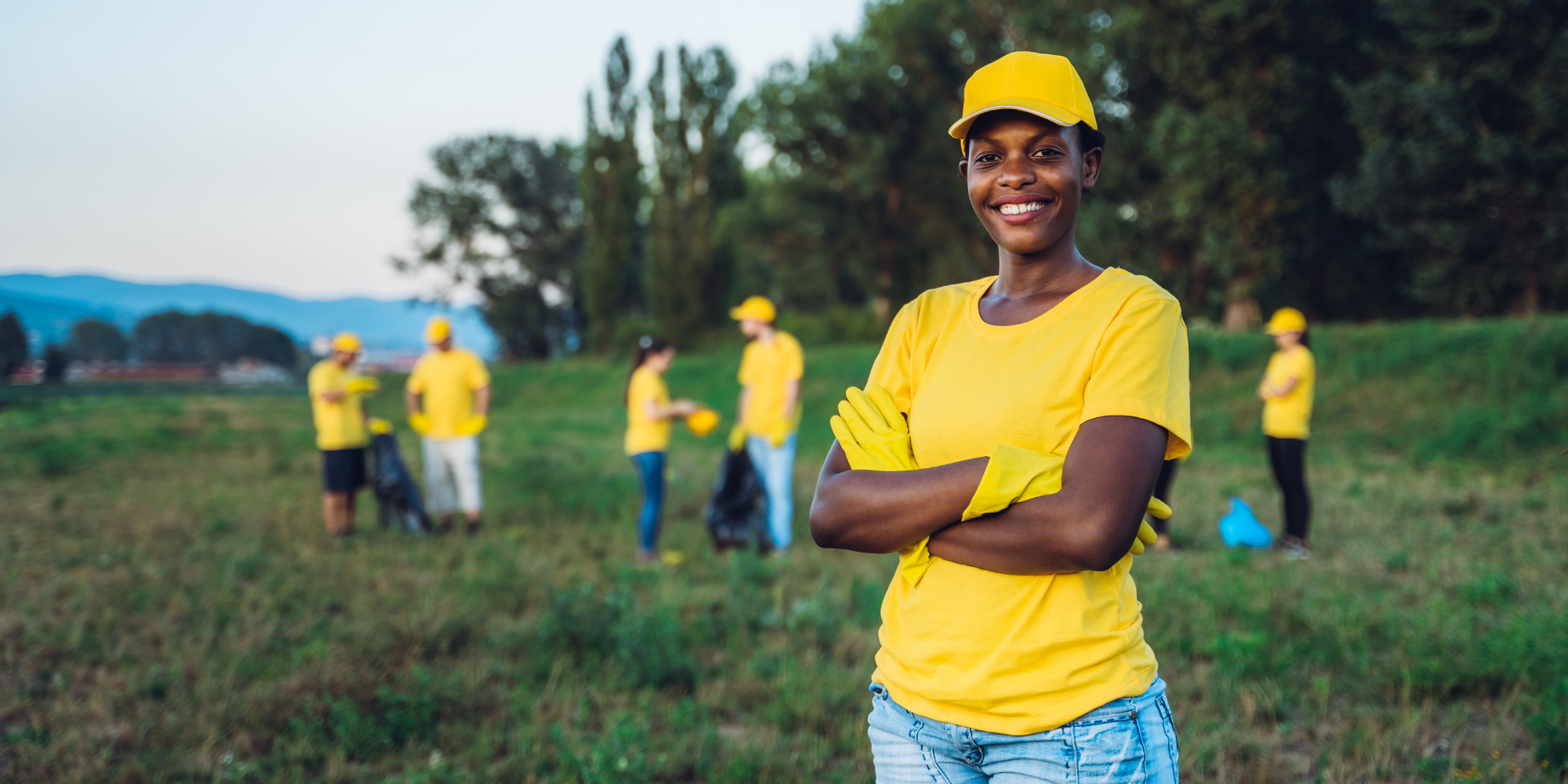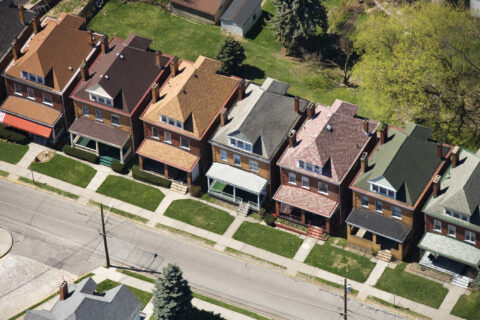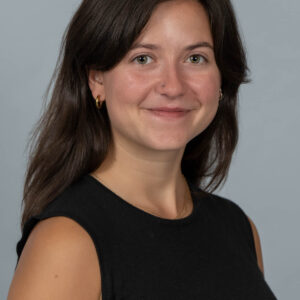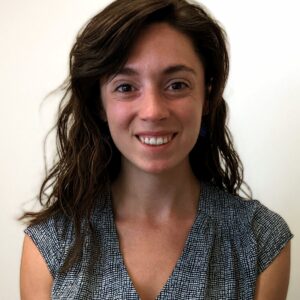A pillar of NLC’s Cities of Opportunity (CoO) initiative is to support municipal government leaders in meaningfully and authentically engaging with city residents to work together on policy and system changes to improve health and equity. Two recent CoO peer-to-peer learning labs highlighted how six cities, through their participation in the CoO initiative, have worked to authentically engage their communities including with community co-design to advance equitable outcomes.
In January, three cities – Birmingham, AL; Rancho Cucamonga, CA; and Roanoke, VA – presented their work at a virtual convening. While their efforts were distinct in focus areas, all prioritized community input.
As part of Birmingham’s Comprehensive Community Initiative (CCI), a city-wide effort to provide equitable access to essential resources and services, they worked to build a bidirectional ‘grassroots to grass tops’ communication strategy to cement equity as a foundational principle of the City of Birmingham.
To achieve this, CCI included an overhaul of city culture, policies and practices to break down communications barriers, both internal ones between city departments and external ones between city officials and community leaders.
Rancho Cucamonga, CA worked to institutionalize meaningful, comprehensive community engagement, beginning with multi-departmental trainings and pilot testing best practices with the city’s Los Amigos Park Project. With an eye on the future, the city is in the process of formalizing these practices into a Community Engagement policy with a Health Equity Lens and complimentary toolkit to increase opportunities for all to thrive. These principles of equity and engagement are embedded in the City’s General Plan Update, a comprehensive community-based plan which will serve as the blueprint for building a community rooted in health, equity, and stewardship over the next 20 years.
“Our collaborative is meant to share power between our city leadership and our community, which is where a lot of the local knowledge and expertise comes from,” said Hope Velarde, a Management Analyst for the City of Rancho Cucamonga. This replicable prototype for equitable community engagement requires intentional effort and provides a framework for city departments to meaningfully engage the community and reduce health inequities.
Roanoke, VA is striving to engage communities and build leadership in two neighborhoods that have poor health outcome indicators. “We want to turn the traditional model around. Instead of the city and service providers leading change and just consulting with the neighborhood, we want a model where the community takes over leadership in pushing community health improvements,” said Chris Chittum, Roanoke’s Assistant City Manager.
Working with Carilion Clinic and United Way of the Roanoke Valley as anchor institutions, the city’s initiative is in its early stages. Through 2022, the effort seeks first to solidify the anchor institutions and other service providers as partners. Then comes the essential work to identify and engage community leadership in the two neighborhoods that see the most severe disparities in health outcomes. An explicit goal is to grow community capacity to deploy resources in ways that will address social determinants of health and thus move the needle on health outcomes.
In March, the CoO Learning Lab convened again, to hear from Las Vegas, NV; Tacoma, WA; and Rochester, MN, and their work side by side with communities to co-design work to advance health and equity.
Las Vegas , NV harnessed longstanding relationships with key stakeholders to revitalize the Historic West Side (HWS), the city’s only African American residential area before desegregation. By partnering with community leaders and local businesses, the City of Las Vegas and the surrounding Clark County were able to establish career pipeline programs in HWS.
That neighborhood-centric approach connected women-owned construction businesses to the built environment and construction industry in Las Vegas and is now being adapted into a foundational strategy for city-wide diversity, equity and inclusion efforts.
Tacoma, WA focused on building trust with their residents through lasting, beneficial partnerships with community stakeholders. Their Earn and Learn pilot program is steeped in the principles of co-creation to incorporate community feedback at every step of their current project: a health care workforce pathway.
“We were trying to tackle it from both ends by bringing those with higher barriers to the workforce into this new training program to fill that need in our healthcare system,” said Bucoda Warren, Strategic Initiatives Coordinator in Tacoma. After a successful pilot, Tacoma plans to expand its co-designed projects city-wide to promote authentic civic engagement in healthcare, employment and beyond.
Rochester, MN centered its approach to workforce development on equity, expanding accessibility to career pathways and city resources for residents and entrepreneurs. This included prioritizing outreach to businesses owned and operated by women of color for construction and built environment projects in the city.
These convenings, and honest conversations between community members and stakeholders, have created a foundation for future progress to advance health and racial equity. For example, Rochester has recently expanded their collaboration with community partners to do a full mapping of the city’s entrepreneurship ecosystem to better understand city demographics and barriers to access. That data and other information will help them further connect small businesses to wraparound services to promote economic growth and employment opportunities in Rochester.
The unique approaches from these six cities offer lessons and potential pathways for other cities to pursue similar work promoting civic engagement and authentic co-leadership with community residents.
Join Us
Register to join the 2022 CoO Learning Lab, with a focus on racial and health equity related to equitable environmental resiliency.










